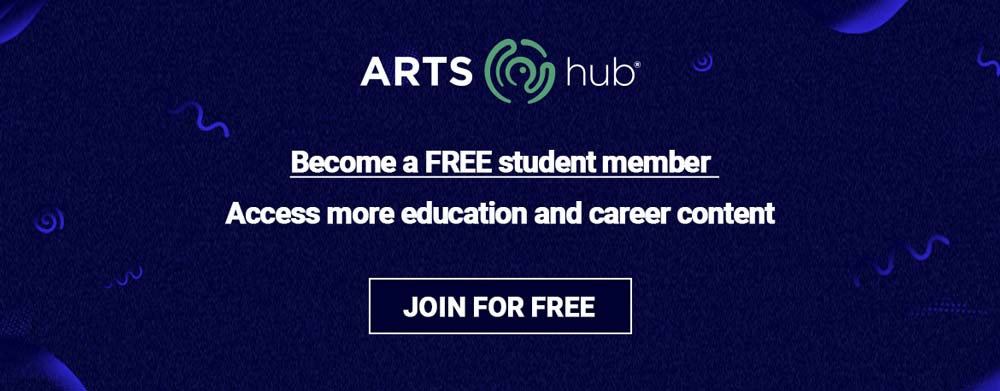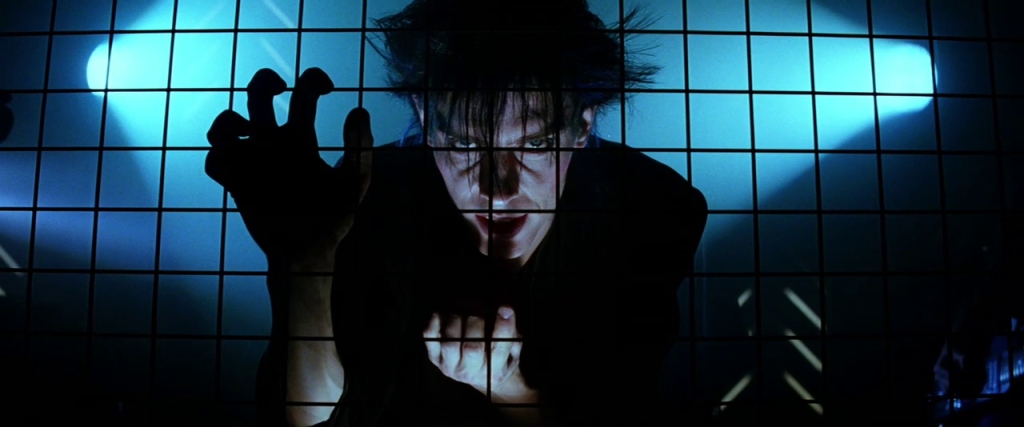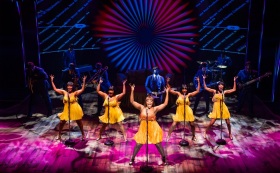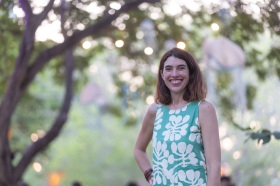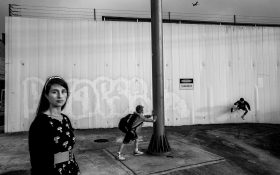The Debut International Film Festival (DIFF) is an entirely student-run event, from theme to programming, website design, venue hire and fundraising.
Running over three nights, from 31 May to 2 June, and across two venues in Melbourne’s CBD (The Capitol and RMIT’s Kaleide Theatre) the event is a chance for the 21 media students to fully understand the elation and last-minute panic of running a real, ticketed event.
The theme of the festival is ‘debuts’, showcasing the first feature films of renowned directors like Terrence Malick, Bong Joon-ho and Tracey Moffatt, as well as a small program of short films by local and international first-time filmmakers selected from more than 40 submissions on FilmFreeway.
Under the tutelage of film festival veteran and mover-and-shaker Cerise Howard (recently announced as the new program director of the Melbourne Queer Film Festival) the students have quickly learned the value of precision planning, how to ask for the moon in terms of venues and screening rights, and the importance of throwing a jolly great party to launch it all.
Read: Good things happen when the young dare to dream
‘If you asked me three months ago what a film festival was about, I would have said “films”,’ says Charlotte Sinnamon, a third-year Media Communications student and DIFF’s Managing Director.
‘It’s quickly become evident to me that it’s all about creating a festival mood, a feeling of community. It’s as much about creating a fun night out as it is about the films themselves.’
Thus DIFF’s glittery opening night at The Capitol will have the necessary drinks, food and celebratory mingling, along with a screening of Tony Scott’s 1983 first feature The Hunger. If you’ve never seen it, be prepared for a stylish, queer-coded erotic horror film starring Catherine Deneuve, David Bowie and Susan Sarandon, and featuring Peter Murphy (and his gothic rock band Bauhaus), in their full 80s glory.
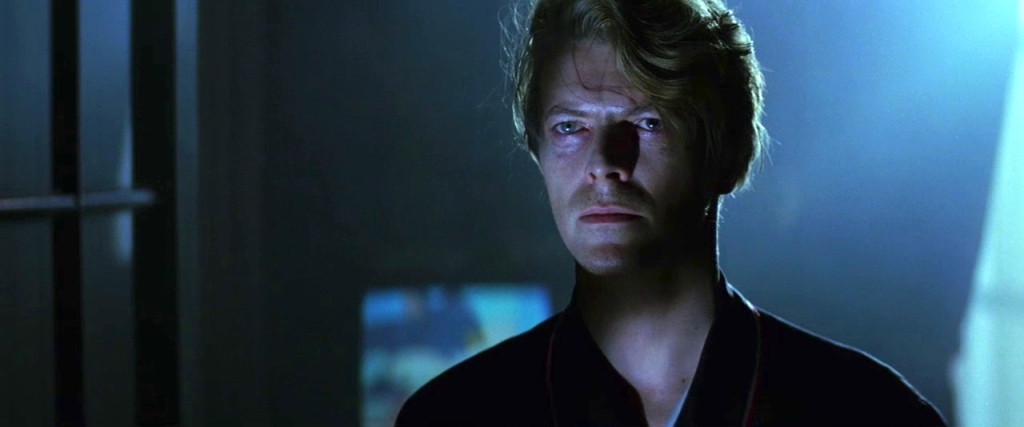
Also screening on opening night is the locally-shot Indigenous short film Down River, directed by Isaac Alexander Winzer, set in rural Australia in 1959.
The following two nights and matinee session will be held at the Kaleide Theatre, screening Tracey Moffatt’s only feature to date, BeDevil (1993), Terrence Malick’s dream-like debut Badlands (1973), Elaine May’s 1971 directorial debut A New Leaf and closing night film Bong Joon-ho’s first feature Barking Dogs Never Bite (2000).
Locally made first shorts paired with these features include Untitled IV, Traces on the Wall, Catch the Bird Stupid, Am I Pretty?, Forbidden Fruit, Severance Bay, Meadow’s Disturbance, Birth of Two Departeds and Travelo, and these will compete in an awards ceremony held on closing night.

It’s an intriguing and eclectic program, with a couple of rarely seen cinematic gems to savour. Charlotte Sinnamon credits DIFF’s artistic director Tongxin Zhai (Jerry) and the programming team (Giorgio Curcio, Qilin Gao (Kristina], Peter Petrusma, Ben Smith and Kang-Ning Zhao [Connie]) with pursuing the films and selecting the shorts.
Sinnamon herself comes from a theatre background and says that, despite having no previous film festival experience (she attended her first film festival this year), she was designated DIFF’s Managing Director because, at the age of 30, she was one of the older students and had managerial experience running the O’Grady Drama school on the Mornington Peninsula.
As for her top tips for newbies running a film festival, Sinnamon says to keep in mind:
1. Networking is your best friend
‘We have had some great successes that I don’t think we would have had we not made friends with the right people. So you really have to get out there and meet people and tell people what you’re trying to do. Don’t be quiet about it.’
2. Ask the difficult questions, because you never know unless you ask
‘We’ve had some amazing discounts given to us just because we’ve played the student card. And we’ve explained to people what it is that we’re trying to achieve and they’ve been really on board with that. I think people who are in the industry really want to help you be successful. The same goes for asking for the film rights. The programming team got some films they never thought they’d have access to just by asking.’
3. Start your publicity as early as possible
‘Our PR and copywriting team (Riley Collins Dobricic, Amy Maher and Maya Varadarajan) have been working around the clock, but the trickiest thing for them is that this is such a short process of 12 weeks. The first eight weeks were just planning the event, and then the PR had to happen. Ideally, you’d have more lead time, but they’ve done an amazing job using all the connections and channels available, like the RMITV clubs who are helping us with videography, photography and volunteers on the night.’
4. Keep your communication channels streamlined
‘We’ve had a single communication channel – we’re using Discord – and everybody has a very clear job. For example, I’ve been talking to the venues. I’m the only person who speaks to the venues to stop any miscommunication or doubling up.’
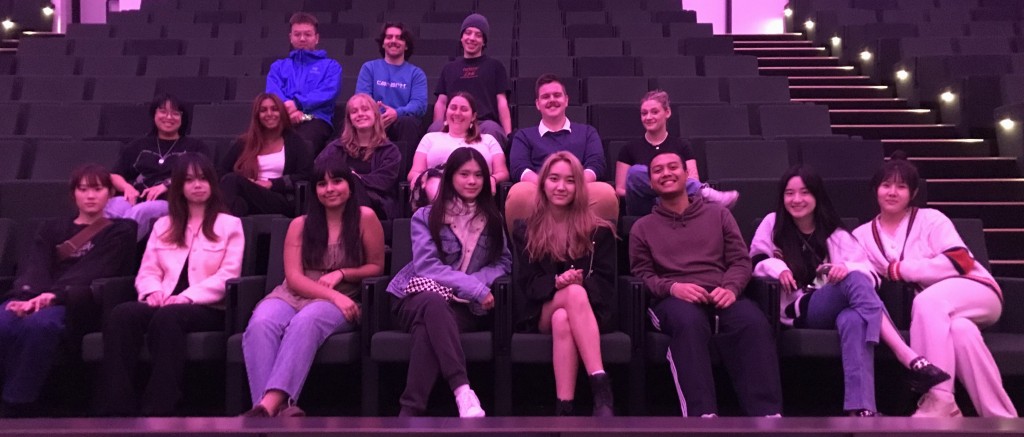
The Festival Experience: about the course
Cerise Howard says she first ran ‘The Festival Experience’ media studio as a Studio Leader in 2019 after Dr Stuart Richards introduced her to RMIT – he was leaving in order to take a tenured academic position in Adelaide. Richards had previously run something similar for RMIT’s School of Media and Communication, but the course was Howard’s to build from scratch.
The studio sits within the Bachelor of Communication (Media).
The 2019 studio spawned the Melbourne International Youth Film Festival (which enjoyed a programming cameo at the abridged 2020 MQFF), 2020’s the New Normal International Film Festival and 2021’s the Melbourne Overlooked Film Festival, while last year’s studio incubated the Séance International Film Festival. The middle two were held wholly online due to the pandemic.
Asked about the 2023 class behind the Debut International Film Festival, Howard says:
‘I am tremendously proud of The Festival Experience class of 2023, whose staging of their tremendously well-conceived festival, the 1st Debut International Film Festival, will be something I expect many of them will look back on with pride and great fondness. Though, as I write this, the feelings will be more of nervous anticipation and high hopes informed by only very limited prior experience in the field – a great crucible of fast-tracked learning, to be sure!’
The Debut International Film Festival runs from Wednesday 31 May to Friday 2 June at The Capitol in Swanston Street and the Kaleide Theatre in RMIT, Building 8, Swanston Street. Tickets are now on sale here.
